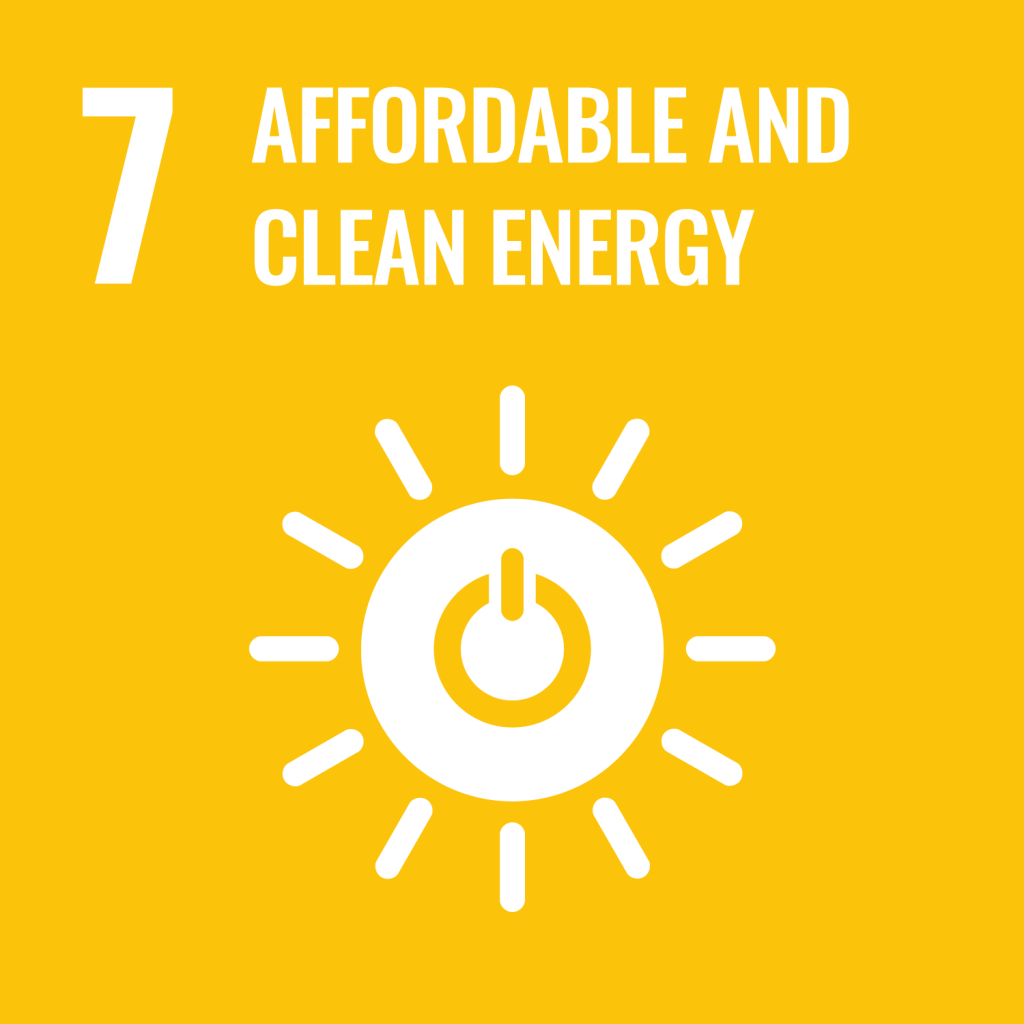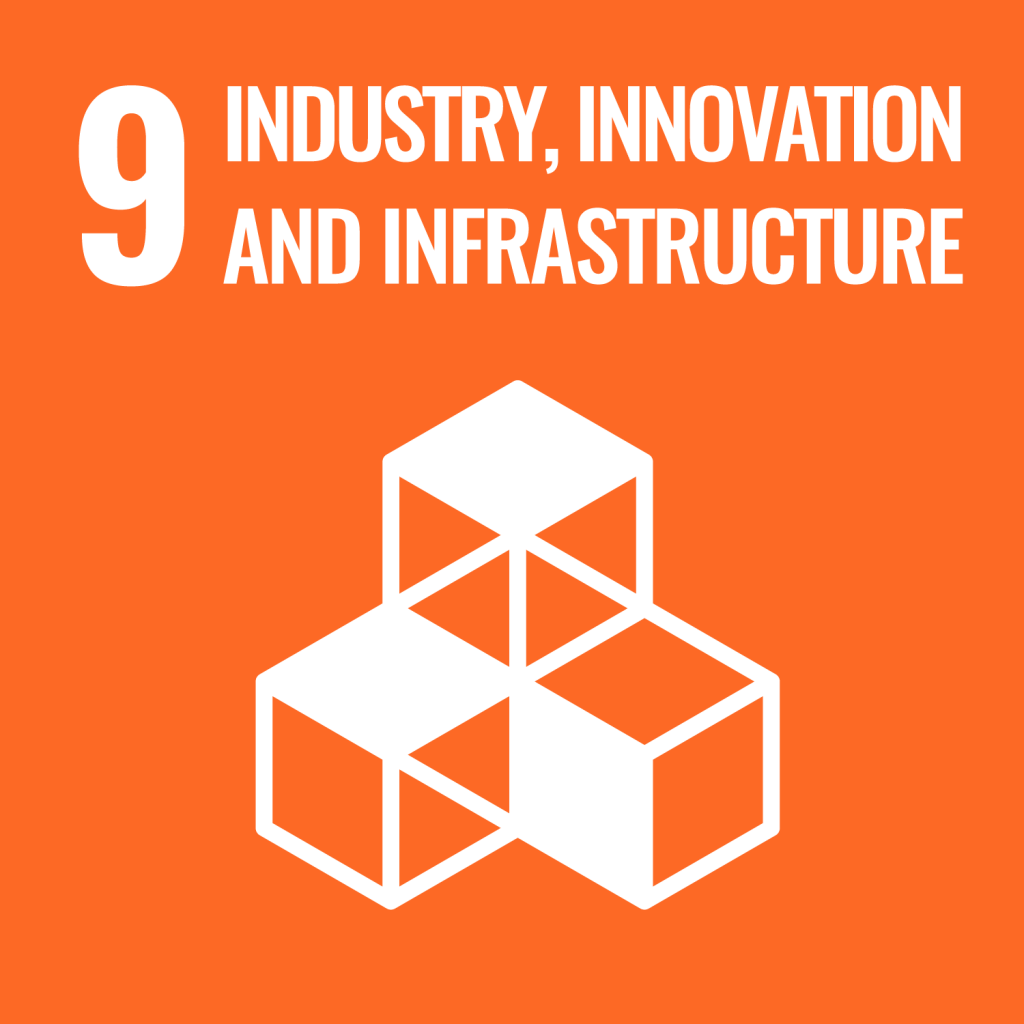BioGas Doña Juana
Medium (49-500 employees)
Secondary
Utilities
Lesson
Scale up your networks and expand your business ecosystem. In the design and implementation of sustainability projects, international policy actors and national organizations working on climate, sustainability, and disaster risk offer businesses the opportunity to access critical knowledge resources, tools, methodologies, and training opportunities. These resources can assist SMEs in better using their financial resources and skills to undertake successful sustainability practices. Engaging with these actors also expands and strengthens the business ecosystem and networks beyond their peers, clients, or associates, which opens new opportunities and partnerships for successful sustainability innovations.
Background
Biogás Doña Juana was formed in 2007 with the purpose of participating in the international tender opened by the Capital District (UAESP). Biogás Doña Juana is the result of a shared investment by two gas companies Gas Natural Fenosa and Proactiva Doña Juana ESPSA. The tender awarded a concession for the capture, treatment and use of biogas emissions from the Doña Juana Sanitary Landfill. “Doña Juana differs from a garbage dump because it is designed to treat each of the waste that arrives and is subsequently produced after final disposal, these works include the adaptation of the soil, filters, conduction channels and plant for the treatment of leachates (liquids produced by waste) compaction, lime and clay coverage, underground chimneys so that the gasses of the mass can be used and transformed into electrical energy, among others”. (City of Bogota). The landfill is owned and operated by the Capital District government and was subject to the CDM (Clean Development Mechanism) of the Kyoto Protocol. The concession was agreed to for 32 years and this led to the start of operations with the construction of the plant with state-of-the-art technology with operations starting on September 22, 2009. At the time, the clients included countries such as France and Germany.




Sustainability Story
From the start of their operations in 2009 and until 2016, Biogás Doña Juana was dedicated exclusively to the production of Emission Reduction Certificates of the Kyoto Protocol (CER’s). By 2016 it had obtained 4,637,018 Emissions Reduction certificates.
To date, Biogas Doña Juana S.A.S. E.S.P. is recognized as one of the most important companies globally, in terms of emission reduction, by the UNFCCC (United Nations Framework Convention on Climate Change) and is the project with the largest number of certificates issued by the United Nations.
In 2013, another firm CarbonBW Colombia purchased 100% of the shares of Biogás Doña Juana S.A.S. E.S.P., they begin an innovation process that led to a new business model, which consisted of the generation of energy from the biogas that is produced from the garbage in a state of decomposition in the Doña Juana Sanitary Landfill.
In 2016, the generation of electricity began with a total of 1.7 Mv (megawatts) per day.
BioGas Doña Juana Practices
| Methane capture and energy generation | Social Investments in Local Community |
|---|---|
| Generate electricity by capturing biogas from the landfill, reducing CO2 emissions by approximately 800,000 tons a year. | Invest in projects for the local community, such as distributing low-cost energy to the local community and assigning revenue or social investment projects for the communities that neighbor the landfill |
Pathway Map
Clean Energy Generation
View the Pathway MapMethane Capture
View the Pathway MapSocial Investments in Local Community
View the Pathway MapEnabling Factors for Practices
| Internal to the organization | External to the organization |
|---|---|
| Methodology: Implementation of the UN Clean Development Mechanism (CDM) methodology facilitated the design and operation of the company. | Technical support: By international businesses with knowledge of the biogas-carbon bond operations built necessary skills in technical and management personnel. |
| International Frameworks: The Kyoto and Paris Climate agreements helped to leverage financial and technical resources for the company to fully develop the different components of the project. | |
| Local Government: Support from the local government in assigning the gas capture to the partners. |
Arresting Factors for Practices
| Internal to the organization | External to the organization |
|---|---|
| Financial: Lack of financial resources to acquire necessary technology and infrastructure not available in the country. | Policy: Lack of public policies for landfill management that include support or incentives for alternative energy generation. |
| Market: Loss of value in the carbon emissions certificates arising from changes in the international clean development mechanism (CDM). |
Lessons for Disaster Risk Reduction
The international organizations working in Latin America and the Caribbean provide many opportunities for businesses to access new information, tools, training and networks. These types of organizations, such as the UN Office for Disaster Risk Reduction, the United Nations Environment Program and other regional development organizations have not been traditionally considered by businesses as sources of value.
However, there are many emerging avenues for participation, voicing local needs and helping donors shape their programs in ways that respond to local priorities, but more importantly for businesses to strengthen their capacities, observe best practices and expand their networks to access funding and scientific expertise to understand disaster and climate risk, design and develop robust practices and alliances, and connect with others seeking to build long term community resilience.
Understanding disaster risk
Lessons for Disaster Risk Reduction
The international organizations working in Latin America and the Caribbean provide many opportunities for businesses to access new information, tools, training and networks. These types of organizations, such as the UN Office for Disaster Risk Reduction, the United Nations Environment Program and other regional development organizations have not been traditionally considered by businesses as sources of value.
However, there are many emerging avenues for participation, voicing local needs and helping donors shape their programs in ways that respond to local priorities, but more importantly for businesses to strengthen their capacities, observe best practices and expand their networks to access funding and scientific expertise to understand disaster and climate risk, design and develop robust practices and alliances, and connect with others seeking to build long term community resilience.
